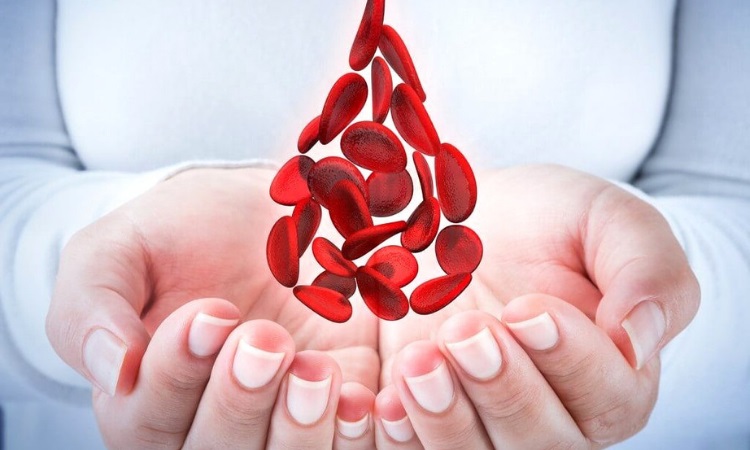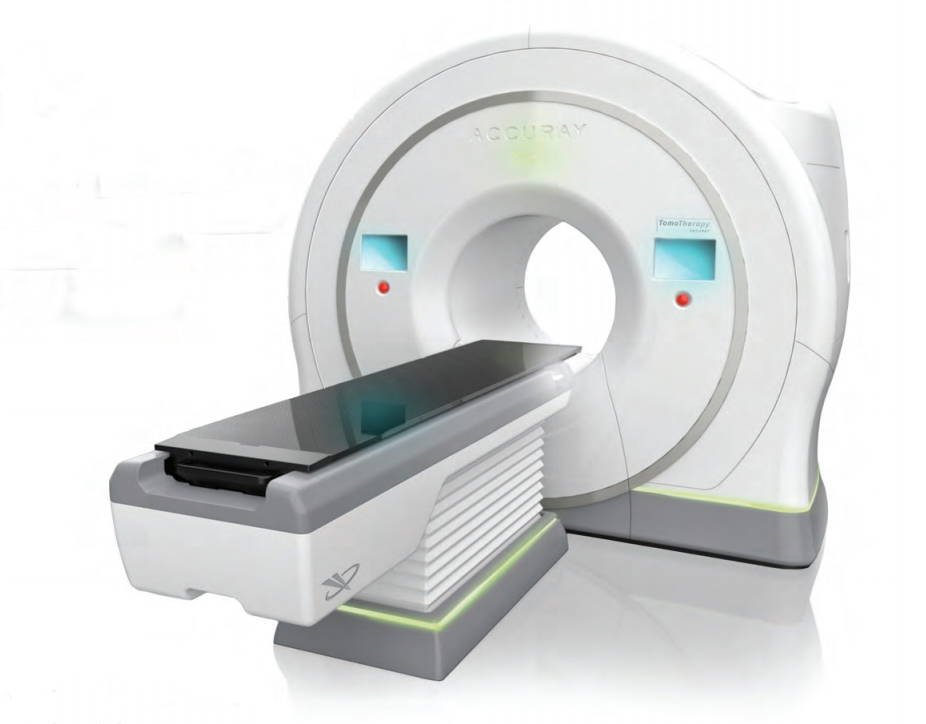Up to one in five adults will develop skin cancer during their lifetimes. Fortunately, skin cancer screenings can identify problems in their early, easily treatable stages. This painless, non-invasive screening may feel a bit awkward, but it helps protect you from this common type of cancer.
What is Skin Cancer?
The skin consists of many different types of cells. Often triggered by exposure to UV radiation, these cells can begin to divide and grow abnormally. The most common types, basal cells and squamous cell carcinomas, tend to grow slowly and usually do not spread. They can become a problem if not treated.
Melanoma forms from melanocytes, or cells that produce pigment, and often form from new or existing moles. They can multiply and may spread if not treated.



